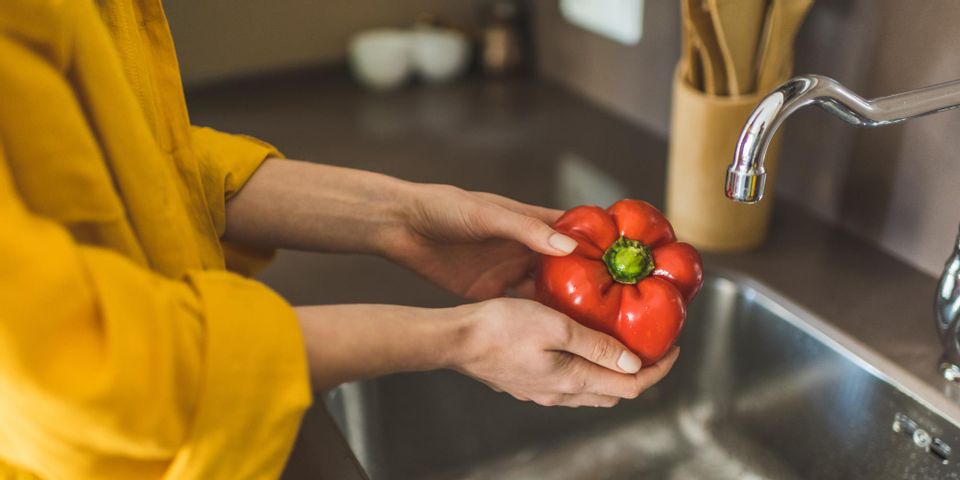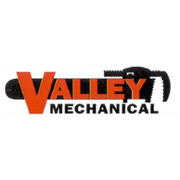What's the Difference Between Hard & Soft Water?

85% of Americans have hard water in their homes. Hardness refers to the amount of calcium and magnesium dissolved in your water. Soft water is water free of these harsh minerals. Explore this primer to discover which type is best for your home and how a water conditioning system can improve the quality of your household’s most vital resource.
Hard Water Vs. Soft Water
Hard Water
Hard water can contain an unhealthy amount of naturally occurring minerals like calcium and magnesium. Water accumulates these minerals as it moves through the ground before entering a plumbing system. Geography and infrastructure can both increase the presence of minerals in your water. To determine if you have hard water, look out for a few signs. When heated, the calcium in hard water can leave a residue on your dishes.
The minerals in hard water can cause problems in your home. They work against the ingredients in many household cleaning products, shampoos, and soaps, making them less effective. Hard water can also cause dry skin and hair. Calcium buildup can damage appliances that use water, hurting their efficiency and shortening their lifespans.
Soft Water
 Soft water is free of harsh minerals or contains much lower levels than hard water. In some parts of the US, like the East Coast, soft water is naturally occurring. Elsewhere, hard water can be processed through a water conditioning system to soften it.
Soft water is free of harsh minerals or contains much lower levels than hard water. In some parts of the US, like the East Coast, soft water is naturally occurring. Elsewhere, hard water can be processed through a water conditioning system to soften it.
Soft water is less harsh on your appliances and dishes, as well as your skin and hair. With soft water, you won’t have to deal with calcium scale, and the extra effort needed to get your home, body, and dishes clean. Your water-based appliances will have a longer lifespan without calcium buildups.
How Does Water Softening Work?
Before investing in a water conditioning system, you’ll want to understand it. Hard water softens through ion exchange. A conditioning system pumps hard water through a resin coated with positively charged sodium ions. The sodium replaces the magnesium, calcium, and other minerals in your water. To keep your softening system working properly, add sodium pellets regularly to keep the resin system charged.
To find out more about what kind of water your home is using and how you can improve it, contact Valley Mechanical in Naples, NY. With over 20 years of experience bringing customers the safe water they depend on, their knowledgable team can help you with all your plumbing, heating, and water conditioning needs. They offer emergency services, so you know they’ll be there when you need them. Call (585) 374-6866 to set up an appointment and visit their website to send them a message.
About the Business
Have a question? Ask the experts!
Send your question

